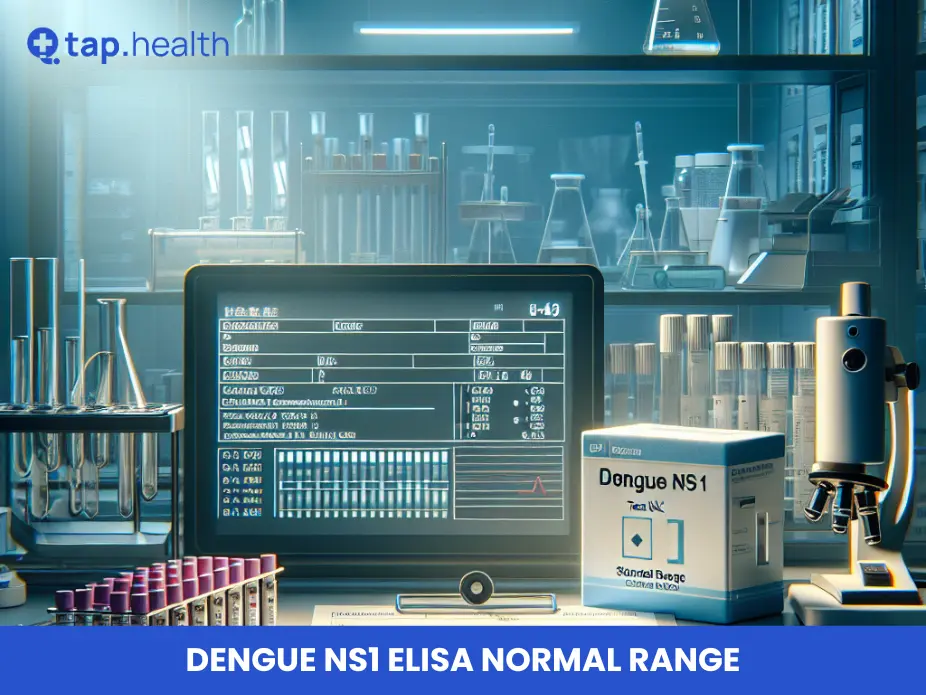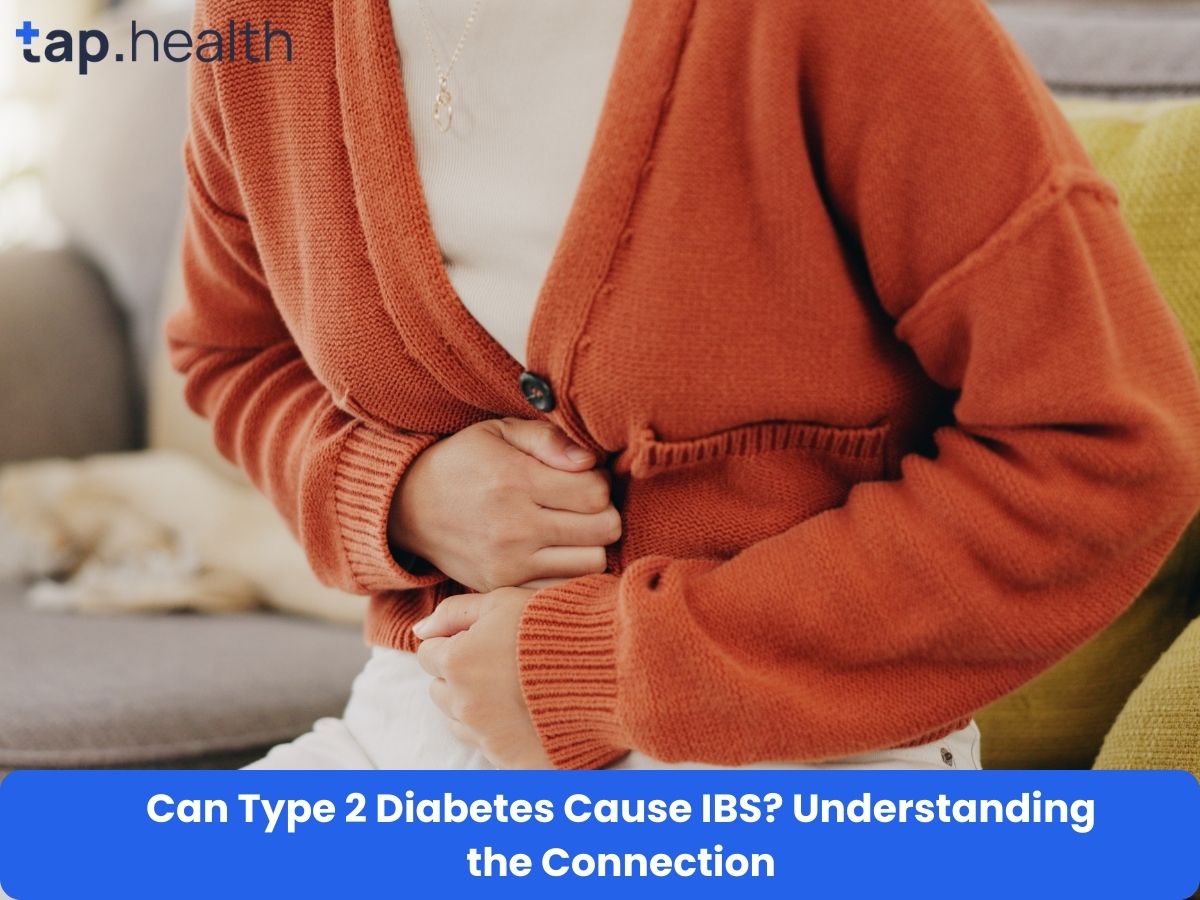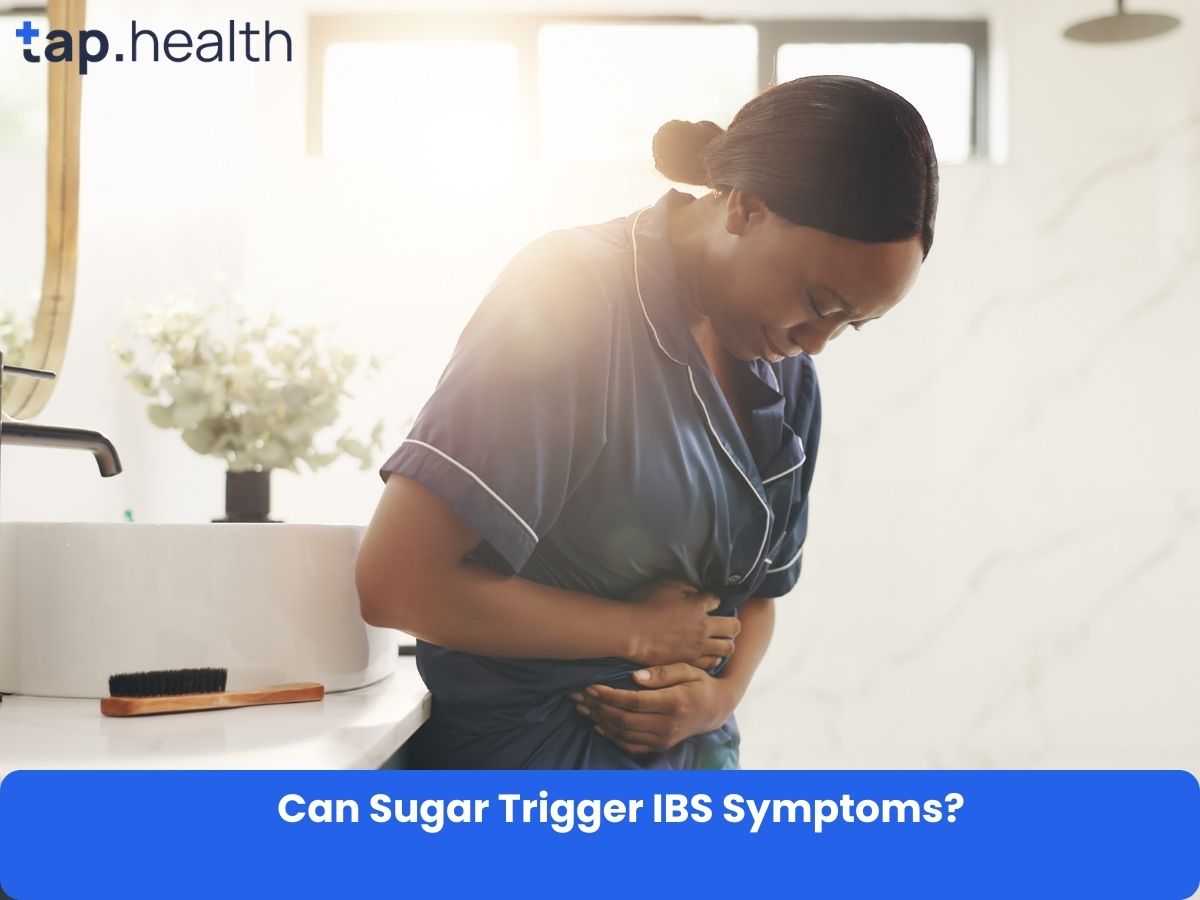Dengue fever is a mosquito-borne viral infection that has become a significant public health concern in many tropical and subtropical regions. The disease is caused by the dengue virus, which is transmitted to humans primarily through the bites of infected Aedes mosquitoes, particularly Aedes aegypti and Aedes albopictus. Early detection and proper management of dengue fever are crucial in preventing severe complications such as dengue hemorrhagic fever (DHF) and dengue shock syndrome (DSS). One of the most important tools for early diagnosis is the Dengue NS1 ELISA (Enzyme-Linked Immunosorbent Assay) test, which detects the presence of the Non-Structural Protein 1 (NS1) antigen in the blood. This article delves into the details of the NS1 ELISA test, its significance, and how it is interpreted in the clinical setting.
What is Dengue Fever?
Dengue fever is caused by one of four closely related viruses: DENV-1, DENV-2, DENV-3, and DENV-4. These viruses belong to the Flavivirus genus, which also includes other viruses like Zika, West Nile, and Yellow Fever. The symptoms of dengue fever typically appear 4 to 10 days after a bite from an infected mosquito and may include high fever, severe headache, pain behind the eyes, joint and muscle pain, rash, and mild bleeding (such as nose or gum bleeding). While most cases of dengue fever are mild and self-limiting, some cases can progress to severe forms, which are life-threatening and require immediate medical attention.
Early diagnosis of dengue is crucial because it allows for timely medical intervention, monitoring, and supportive care, which can reduce the risk of complications. The NS1 ELISA test is a critical component of the diagnostic process, especially in the early stages of infection.
The Role of NS1 Antigen in Dengue Fever
The NS1 antigen is a non-structural protein produced by the dengue virus during its replication. Unlike structural proteins that form part of the virus particle, NS1 is secreted into the bloodstream during the acute phase of the infection. This makes NS1 a valuable marker for early detection of dengue, even before the body has produced antibodies against the virus.
The presence of NS1 antigen in the blood can be detected from the first day of fever and typically remains detectable for up to 7 days. Because it appears early in the course of the disease, the NS1 antigen is an important diagnostic marker, particularly in the first few days when other markers, such as dengue-specific antibodies (IgM and IgG), may not yet be present in detectable levels.
What is the NS1 ELISA Test?
The NS1 ELISA test is a laboratory-based diagnostic tool designed to detect the presence of the NS1 antigen in the blood. ELISA (Enzyme-Linked Immunosorbent Assay) is a widely used technique that involves the use of antibodies to detect specific antigens in a sample. In the case of the NS1 ELISA test, antibodies specific to the NS1 protein are used to capture and identify the NS1 antigen if it is present in the patient’s blood sample.
How the Test Works:
- Sample Collection: A blood sample is collected from the patient, typically from a vein in the arm.
- Binding: The blood sample is processed, and any NS1 antigen present in the sample is captured by specific antibodies coated on a microplate.
- Detection: After washing away unbound substances, an enzyme-linked antibody specific to NS1 is added. This antibody binds to the captured NS1 antigen.
- Signal Generation: A substrate is added that reacts with the enzyme to produce a color change. The intensity of the color is proportional to the amount of NS1 antigen present in the sample.
- Result Interpretation: The result is typically read using a spectrophotometer, which measures the intensity of the color. Based on the test’s design, the result is interpreted as either positive or negative for the NS1 antigen.
Timing of the Test: The NS1 antigen is most detectable during the early stages of dengue fever, typically within the first 1 to 7 days after the onset of symptoms. The NS1 ELISA test is most effective when performed during this time window. If the test is conducted too late, after the NS1 antigen has been cleared from the bloodstream, the result may be negative even if the patient has dengue.
Also read this – dengue ns1 antigen positive means
Preparing for Your Dengue NS1 ELISA Test
Preparing for a Dengue NS1 ELISA test is easy. You usually do not need to make special preparations or follow strict rules. You can eat normally and keep taking your prescribed medications unless your doctor tells you to stop. Still, it is smart to let your healthcare provider know about any medical conditions or medications you are taking.
At your appointment, share any recent travel details. Tell them if you have been to places where dengue fever is common. This information, along with your symptoms and the test results, will help your healthcare provider give you a correct diagnosis. They can then create a treatment plan just for you, if necessary.
Steps to Take Before the Test
Before you take your Dengue NS1 ELISA test, it is best to talk to your healthcare provider. They will look at your symptoms, medical history, and possible dengue exposure to see if the test is needed. It’s very important to share any recent trips, especially to places where dengue fever is common. This helps with an accurate diagnosis and better treatment planning.
Depending on your healthcare provider and where you live, you might be able to have a home sample collection. This service lets you get your blood sample taken at home. You won’t need to travel to a clinic or lab.
If home sample collection isn’t available, your healthcare provider will help you find a nearby lab or clinic that offers the Dengue NS1 ELISA test. Make sure to ask about any special instructions or requirements before your appointment. Don’t forget to bring any needed documents, like your doctor’s referral or ID.
What to Expect During the Test
During the Dengue NS1 ELISA test, a healthcare professional will take a small blood sample from a vein in your arm. This is similar to regular blood tests. They will first clean the area with an antiseptic wipe. Then, a needle is used to draw a small amount of blood.
After the sample collection, the blood goes to a lab for testing. The lab will use the ELISA technique to check for dengue NS1 antigens. Test results are usually ready within a few hours to a day after they take your sample.
Your healthcare provider will get the results from the lab. They will talk with you about what the results mean. They will explain the findings and answer any questions you may have about the test and your health.
Understanding the NS1 ELISA Test Results
The NS1 ELISA test results are generally qualitative, meaning they indicate whether the NS1 antigen is present or absent in the blood. The results are interpreted as either positive or negative.
Positive NS1 ELISA Result:
- A positive result indicates the presence of the NS1 antigen in the blood, suggesting an active dengue infection.
- This is particularly significant in the early stages of the disease, as it allows for a diagnosis of dengue before the body has produced detectable levels of antibodies.
- A positive NS1 ELISA result can guide clinicians in initiating supportive care and monitoring the patient closely to prevent complications.
Negative NS1 ELISA Result:
- A negative result suggests that the NS1 antigen is not present in the blood. However, this does not completely rule out dengue infection.
- A negative result may occur if the test is performed too early or too late in the course of the disease. In the early stages, the virus may not have produced enough NS1 antigen to be detectable, or in the later stages, the NS1 antigen may have already been cleared from the bloodstream.
- In cases of a negative result, further testing (e.g., IgM/IgG antibody tests, RT-PCR) may be necessary to confirm or rule out dengue.
Qualitative vs. Quantitative Results:
- The NS1 ELISA test is primarily qualitative, meaning it provides a yes-or-no answer regarding the presence of the NS1 antigen. Unlike some other tests, it does not provide a quantitative measure of how much NS1 antigen is present.
- The absence of a quantitative range means that the test result does not indicate the severity of the infection or the viral load; it simply confirms the presence or absence of the NS1 antigen.
NS1 ELISA Normal Range
One important aspect to understand about the NS1 ELISA test is that it does not have a “normal range” in the traditional sense. Unlike blood tests that measure levels of substances like glucose, cholesterol, or hemoglobin, which have established normal ranges based on population studies, the NS1 ELISA test is binary. It either detects the presence of the NS1 antigen (positive result) or it does not (negative result).
Why There is No Normal Range:
- The NS1 antigen is not normally present in the blood. It only appears when the dengue virus is actively replicating in the body.
- Therefore, the concept of a “normal range” does not apply. The test is designed to detect any presence of the antigen, which indicates an active infection.
- The test result is used to determine whether a person has dengue, rather than to measure the severity of the infection or the concentration of the antigen.
Factors Affecting NS1 ELISA Test Results
Several factors can influence the results of the NS1 ELISA test. Understanding these factors is important for interpreting the results accurately.
Timing of the Test:
- The timing of the test is crucial. The NS1 antigen is most detectable during the first 1 to 7 days after the onset of symptoms.
- If the test is conducted too early (before the virus has produced enough NS1 antigen) or too late (after the antigen has been cleared), the result may be negative even if the patient has dengue.
Cross-Reactivity with Other Viruses:
- The NS1 antigen shares similarities with antigens from other viruses in the Flavivirus genus, such as Zika and West Nile. This can lead to cross-reactivity, where the test detects NS1 antigen from a different virus, resulting in a false-positive result.
- This is more likely to occur in regions where multiple Flaviviruses are prevalent.
Confirmatory Testing:
- Due to the potential for false positives and negatives, the NS1 ELISA test is often used in conjunction with other diagnostic tests, such as RT-PCR (which detects viral RNA) or IgM/IgG antibody tests (which detect the body’s immune response to the virus).
- Combining tests can provide a more comprehensive picture of the patient’s infection status.
The Importance of Early Detection
Early detection of dengue fever is critical for effective management of the disease. The NS1 ELISA test plays a key role in this early detection, particularly in the first week of illness when other markers may not yet be detectable.
Guiding Treatment and Monitoring:
- A positive NS1 ELISA result allows clinicians to confirm a dengue diagnosis early, which can guide treatment decisions and the need for close monitoring.
- Early detection can help prevent severe complications, such as dengue hemorrhagic fever and dengue shock syndrome, which require prompt medical intervention.
Reducing Disease Transmission:
- Early diagnosis also has public health implications. Identifying and managing dengue cases early can help reduce the transmission of the virus, particularly in outbreak settings.
- Patients who are diagnosed early can be advised to take measures to prevent mosquito bites and reduce the risk of spreading the virus to others.
Comparing NS1 ELISA with Other Dengue Diagnostic Tests
The NS1 ELISA test is one of several diagnostic tools available for detecting dengue fever. Each test has its own strengths and limitations, and they are often used together to confirm a diagnosis.
NS1 ELISA vs. RT-PCR:
- RT-PCR (Reverse Transcription Polymerase Chain Reaction) detects the genetic material (RNA) of the dengue virus in the blood. It is highly specific and can confirm the presence of the virus itself.
- RT-PCR is most effective during the early phase of the infection, similar to the NS1 ELISA test, but it is more complex and requires specialized laboratory equipment.
- The NS1 ELISA test is less complex and can be performed in a wider range of settings, making it a valuable tool for early diagnosis.
NS1 ELISA vs. Dengue IgM/IgG Antibody Tests:
- The IgM and IgG antibody tests detect the body’s immune response to the dengue virus. IgM antibodies appear shortly after infection, while IgG antibodies develop later and can persist for years.
- These tests are more useful in the later stages of infection, after the NS1 antigen has disappeared from the blood.
- The NS1 ELISA test is superior in the early phase, while the antibody tests are more useful in the later phase or for confirming past infections.
Clinical Significance of NS1 ELISA in Dengue Outbreaks
During dengue outbreaks, the NS1 ELISA test becomes an invaluable tool for public health efforts. Its ability to detect dengue early can help identify and isolate cases, reducing the spread of the virus.
Screening During Outbreaks:
- In outbreak situations, the NS1 ELISA test can be used for large-scale screening of suspected cases, allowing health authorities to quickly identify and manage dengue cases.
- Early identification of cases can help in mobilizing resources and planning public health interventions to control the spread of the disease.
Surveillance and Monitoring:
- The test is also useful for ongoing surveillance and monitoring of dengue activity in a region. By tracking positive NS1 ELISA results, health authorities can identify hotspots of dengue transmission and take targeted actions to reduce mosquito populations and educate the public.
Limitations and Challenges of NS1 ELISA Testing
While the NS1 ELISA test is a valuable tool for early dengue diagnosis, it has some limitations and challenges that need to be considered.
False Positives/Negatives:
- As mentioned earlier, the potential for false positives due to cross-reactivity with other viruses and false negatives due to the timing of the test can affect the accuracy of the results.
- Clinicians need to interpret NS1 ELISA results in the context of the patient’s symptoms, travel history, and other diagnostic tests.
Accessibility and Cost:
- In low-resource settings, the availability and cost of the NS1 ELISA test can be a barrier to widespread use. Efforts are needed to make the test more accessible and affordable in areas where dengue is endemic.
Need for Combined Testing:
- Given the limitations of the NS1 ELISA test, it is often necessary to use it in combination with other tests to confirm a diagnosis. This can increase the complexity and cost of diagnosing dengue, especially in settings with limited resources.
Future Directions and Innovations in Dengue Diagnostics
The field of dengue diagnostics is evolving, with ongoing research and development aimed at improving the accuracy, accessibility, and speed of testing.
Emerging Technologies:
- New diagnostic technologies, such as rapid diagnostic tests (RDTs) and point-of-care testing devices, are being developed to provide quick and accurate results without the need for specialized laboratory equipment.
- These innovations have the potential to improve access to dengue testing, especially in remote or resource-limited areas.
Role of NS1 in Vaccine Development:
- The NS1 antigen is also being explored as a target for dengue vaccines. Understanding the immune response to NS1 could lead to the development of vaccines that provide protection against all four dengue virus serotypes.
- Research into NS1-based vaccines is ongoing, with the potential to significantly reduce the burden of dengue worldwide.
FAQ: Dengue NS1 ELISA Test
1. What is the Dengue NS1 ELISA test?
- The Dengue NS1 ELISA test is a diagnostic tool used to detect the presence of the NS1 antigen in the blood. This antigen is a protein produced by the dengue virus during the early stages of infection, making the test particularly useful for early detection of dengue fever.
2. When should the Dengue NS1 ELISA test be performed?
- The test is most effective when performed within the first 1 to 7 days after the onset of symptoms. During this period, the NS1 antigen is typically present in the blood at detectable levels.
3. How is the Dengue NS1 ELISA test conducted?
A blood sample is collected from the patient and processed in a laboratory. The test uses antibodies specific to the NS1 antigen to detect its presence in the blood. A color change in the test sample indicates a positive result for the NS1 antigen.
References
- World Health Organization (WHO) – Dengue and severe dengue: https://www.who.int/news-room/fact-sheets/detail/dengue-and-severe-dengue
- Centers for Disease Control and Prevention (CDC) – Dengue: https://www.cdc.gov/dengue/index.html



